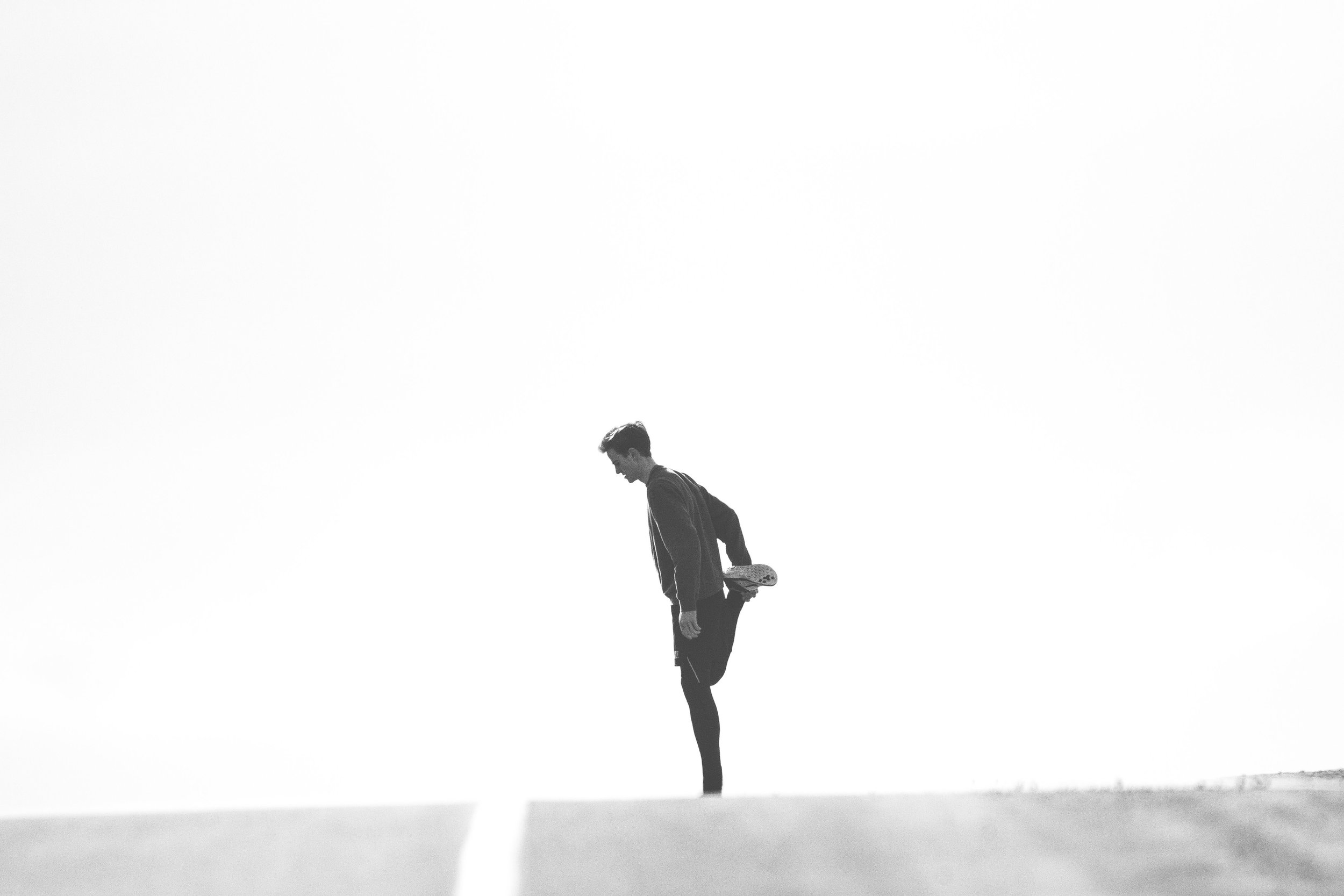West Grove Clinic staff discovered a unique website founded by Paul Henry, a researcher of the neuropsychology of addictive behaviors, who is also a recovering addict. The site features a collection of articles discussing what the creator and his writing team believe about addictive behavior, neurobiology, and the relationship of stress/emotional regulation to addiction. The site offers information and support to both people experiencing addiction, and those who simply wish to learn more about the addiction.
Click below to check it out:
Happy reading!






